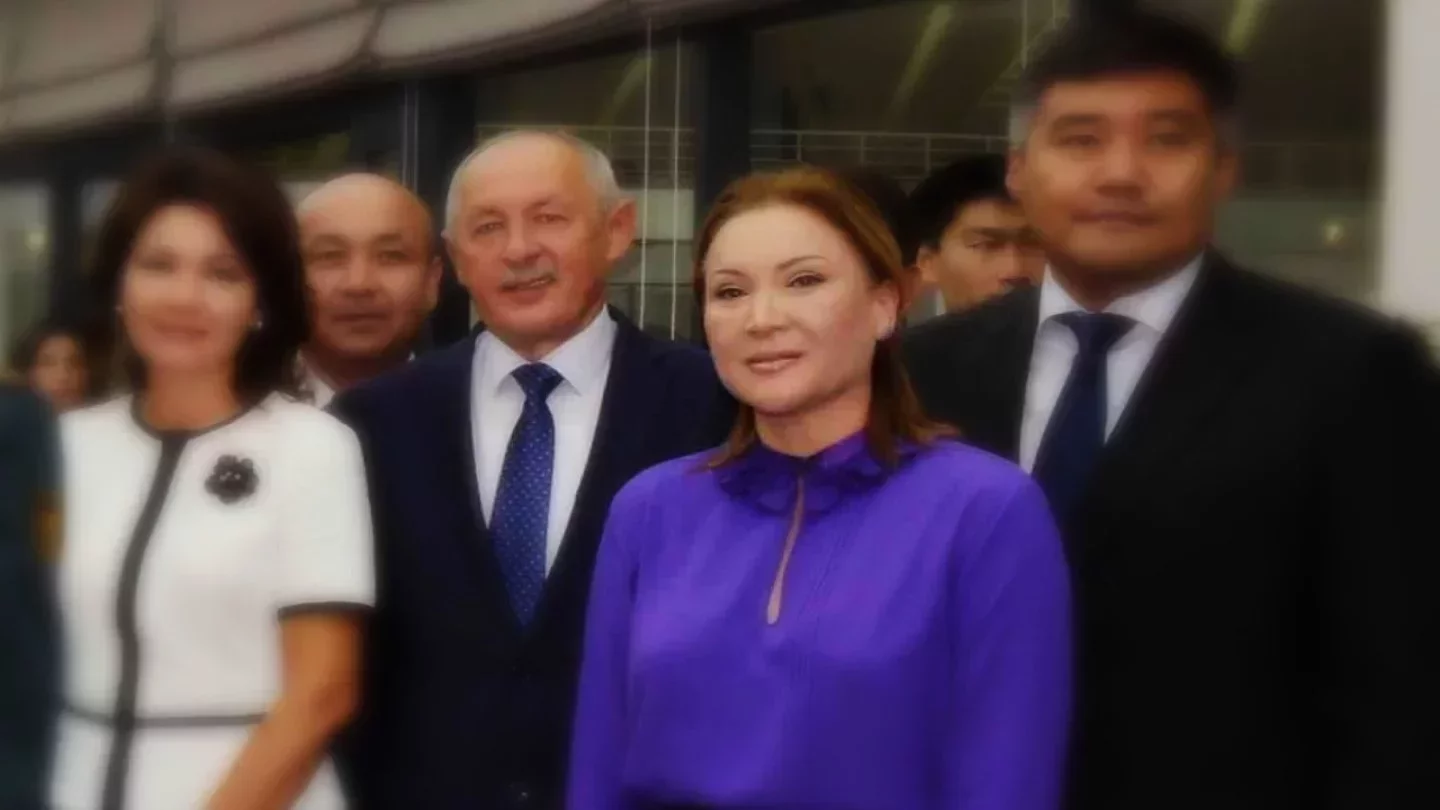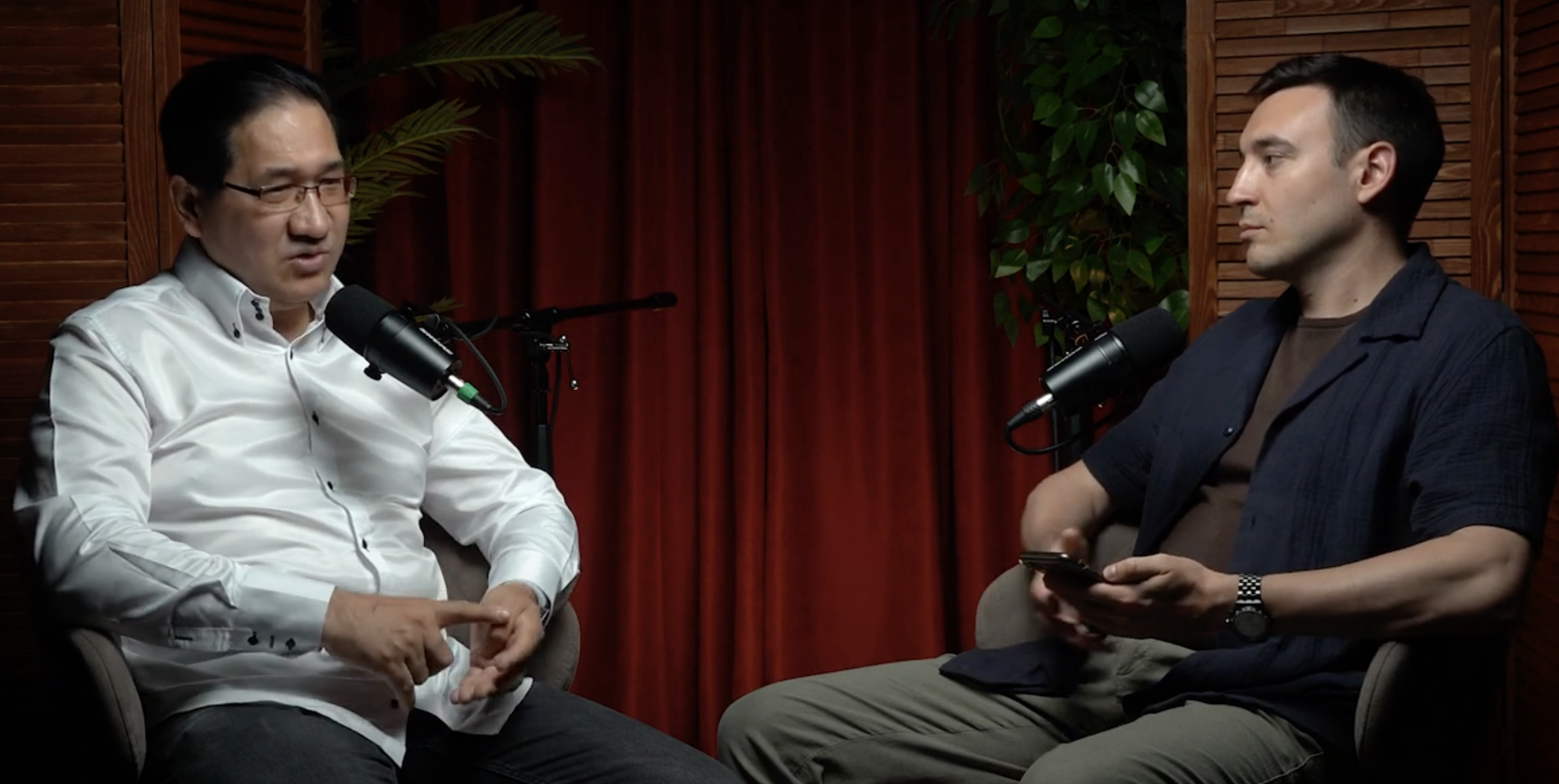Nazarbayev's Relatives on Trial: Systemic Purge or Political Games?

In his memoirs, Nursultan Nazarbayev dedicated the following lines to relatives: “It turns out that the most sensitive test is the test by children, the test by relatives. I must admit that my natural kindness and gullibility have failed me.”
In May last year, a court sentenced Gulmira Satybaldy to seven years in prison for kidnapping a business partner and forcing him to relinquish shares. She acted in a similar capacity with her relative Abay Zhunusov. The trial is taking place in a specialized court in Almaty.
Meanwhile, many are asking whether there is a systemic purge of "Old Kazakhstan" or whether specific people are being targeted. Economist and public figure Rustem Zhanseitov believes the authorities are "dealing with the most notorious characters" for now.
Obviously, those at the top have chosen the path of 'gradual dispossession,' and now we are seeing targeted attacks. Perhaps some came under increased attention, someone got tired of others... Or there are some underliers that we will never know about. If this was a systemic purge, then why are some people tried and others released? Some people's money is taken away; others are walking around and getting plump. Look at new Kazakh films, they play out this plot very often: someone comes and says: “You are giving me the business, and if not, then I will create big problems for you, says Zhanseitov in an interview with Asia Today.

The question about the current state of affairs arises and to what extent are echoes of “Old Kazakhstan” present?
They are using much more veiled methods now. And they do it indirectly, so that you can't find fault. You may not even understand who is putting pressure on you and why. I worked in one office in the quasi-state sector through which large budget funds were transferred. One oligarch's team noticed this and began to feel out the situation. First, they found out who was in charge there, who was in charge of what, and began to look for compromising information on them. Articles began to appear in various media outlets that this so-and-so, another did something, a third was complained about to the prosecutor's office. Then they came to these people, showed them the full picture, and they simply disappeared, left themselves. New people came in their places, who began to redirect the flow of state money to their affiliated companies. The scheme is simple; one might even say foolish, but it works, the expert says.
Zhansietov added that he is very skeptical about the proceedings involving the Nazarbayev family and that little differentiates the Old and New Kazakhstan.
Those who are at the top now really want to change something, I see it. But at the lower levels, it is starting to be corrupted, sabotaged, both explicitly and indirectly. You can write a whole dissertation on how they resist anti-corruption initiatives here. How was it before, and how is it now? The bulk of the money went through the oligarchs, all sorts of purchases, tenders. They fought among themselves for every piece. And now I see that more money has started to come to the budget. And the most important thing is that this money goes where needed. For example, the state allocates money to those affected by floods, but at the level of district Akimats, they start to "revise" it, come up with some schemes, like 'we will give you so much, and you sign here.' These are the kinds of corruptions I am talking about, the expert emphasizes.
Zhansietov proposes seriously reducing the entire state apparatus. He explained how our officials work: They duplicate each other’s functions, and any piece of paper goes through several authorities. Yet, nothing happens.
I would also introduce innovative methods of working with the state budget. Now everyone is complaining that there is not enough influx. A ready-made reform on restoring total order on the roads without investing budget money: just allow people in private cars who have dash cams to send videos of violations to the police. If, based on the results, a fine is imposed on the violator, then 20% of the amount is paid to the person who recorded it. With this approach, billions of tenge will come to the budget in the first year or two, the speaker concluded.
The expert emphasizes that restoring order in the country will take time and requires decisive action at all levels of government.
Original Author: Damira Augambaeva
DISCLAIMER: This is a translated piece. The text has been modified, the content is the same. Please refer to the original piece in Russian for accuracy.
Latest news
- Aqtobe Region: Life Sentence Issued in Double Homicide and Hostage Case
- Karakalpak Court Upholds Sentence Against Activist Extradited from Kazakhstan
- Former Qazseleqorgau Officials Sentenced in Corruption Case
- Deputy Commander-in-Chief of the Russian Navy Reportedly Dies in Kursk Region
- Toqayev Sets Priorities for New Transport Minister
- Armenian Parliament Advances Bill to Nationalize Electric Networks of Armenia
- Appeal Withdrawn in Alina Serikova Case, Sentences Remain Unchanged
- Toqayev and Nazarbayev Congratulate Lukashenko on Belarus Independence Day
- Armenia: Foreign Ministry Spokesperson Reaffirms Commitment to South Caucasus Connectivity Initiative, Recalls 'Crossroads of Peace'
- SK-Pharmacy Undergoes Management Shakeup Amid Scrutiny
- Supporting Farmers and Boosting the Economy: Bektenov Reports to Toqayev on Government Progress
- Final Ruling: Court Dissolves Perizat Kairat’s Charity Foundation
- From Station Cashier to KTZ Chair: Who Now Runs Kazakhstan’s Rail Sector
- Kazakhstan to Restrict Loans for Conscripts
- Details Emerge in Corruption Case Involving Former Vice Ministers and Credit Bureau Head
- Former Armenian President Serzh Sargsyan Faces Corruption Charges
- Tensions Persist as Azerbaijan Presses Russia on AZAL Investigation
- "Off Course": Exclusive Photographic Evidence and Analysis of Drones That Crashed in Kazakhstan
- Kazakhstan Temir Joly in Debt — But Posts a Profit. How Did That Happen?
- North Kazakhstan to Use 45 Billion Tenge from Returned Assets for Water Projects

